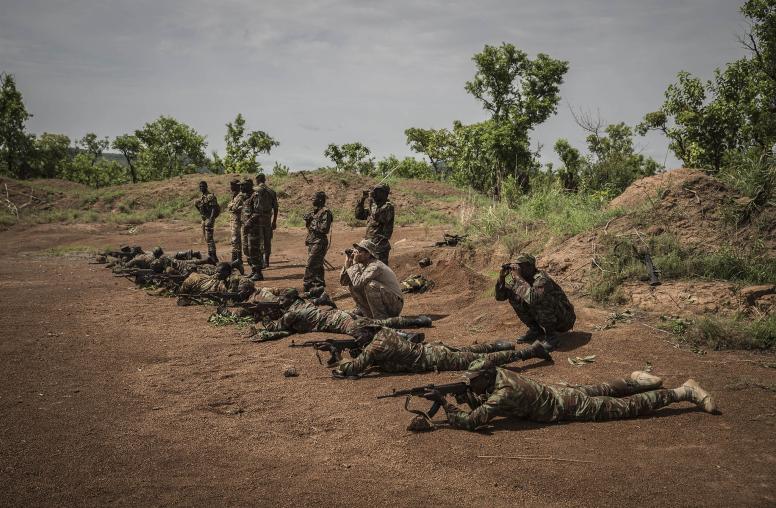The territorial defeat of ISIS gave way to another challenge, one that is common with violent extremist groups around the world: How to handle the tens of thousands who lived under — and engaged with — the Islamic State. With just under 50,000 people from over 60 countries still consigned to displacement camps and detention centers in the region, the lack of a long-term solution offers ISIS a possible recruiting source to reconstitute their ranks. USIP’s Rehabilitation and (Re)integration through Individual, Social, and Structural Engagement (RISE) Action Guide offers an approach to develop viable exit ramps for those who have engaged in violent extremism to return to society — as well as support for the communities affected by it.
USIP’s Chris Bosley and Sarhang Hamasaeed, Boston Children’s Hospital’s Heidi Ellis, and George Washington University’s Brandon Kohrt discuss how the RISE Action Guide can help governments and civil society partners develop a whole-of-society approach to the trauma that stems from violent extremism — with an emphasis on the behavioral, psychosocial and mental health aspects of return and reintegration.



